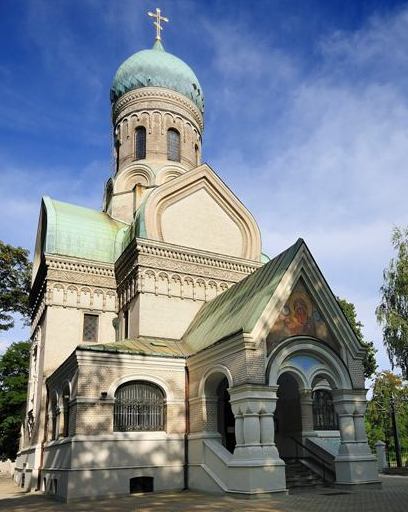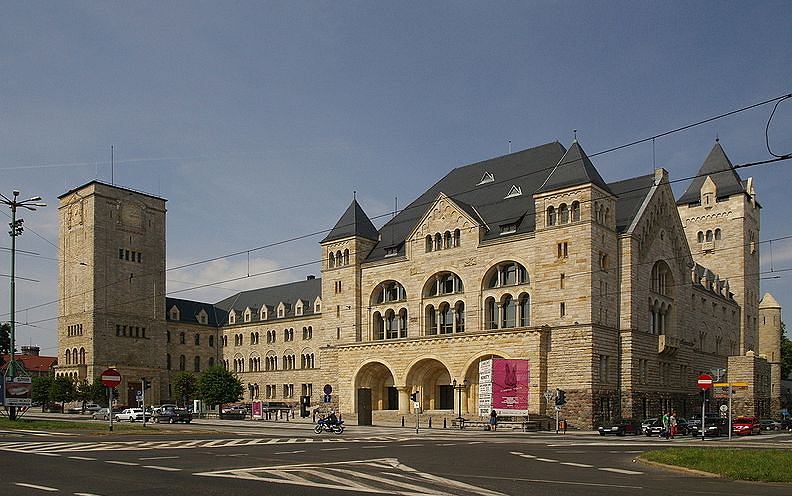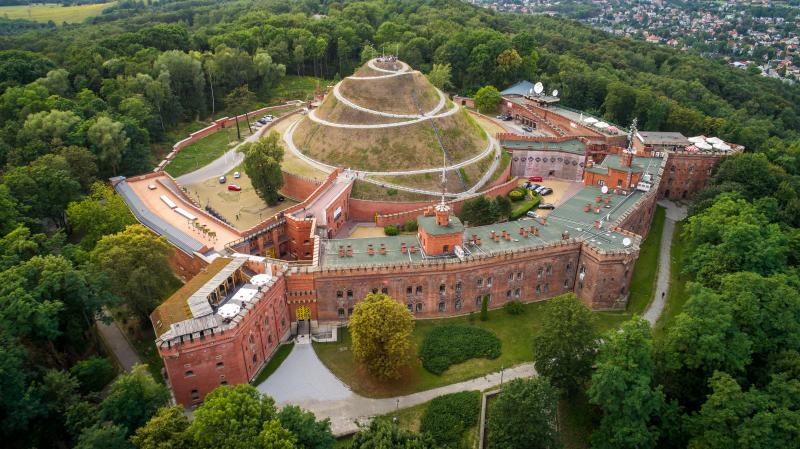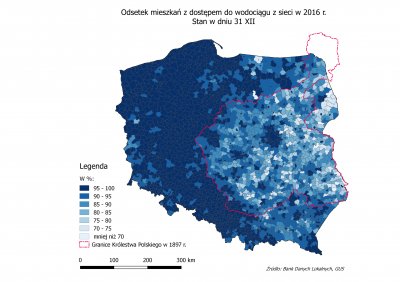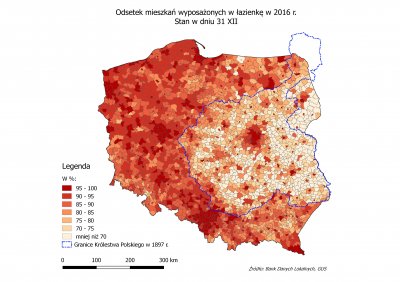You suggest it was omitted on purpose? :) No need to be so suspicious and sniff conspiracy theories, nobody omitted anything, we were just waiting for such an explanation as yours:
The decades of neglect during communist era and "central planning" focused on heavy industry which favored regions rich in coal
Yes, it is a plausible one.
Austro-Hungarian part was quite laid back. Economy was poor but Polish had much more freedom there .
Yes, it is true. In the Austrian zone Poles could freely speak Polish, make careers in Austro-Hungarian administration (two Polish Prime Ministers for Austro-Hungary!) , develop Polish schools and universities etc. Various Polish revolutionaries from the Russian or Prussian partition zones took refuge in Krakow and they were fully safe because Austrians closed an eye. Later, Józef Piłsudski and his soldiers marched out from Krakow in 1914 to liberate the rest of Poland.
That is why modern inhabitants of ex Austrian partition zone claim it wasn`t so bad after all. It isn`t boasting or being proud, because the partition was foreign occupation after all, but they believe their ancestors lived in the best partition of all as they enjoyed the greatest freedom.
Those legends of the most tolerant partition surface from time to time. E..g, Austrian Consulate or Austrian Forum of Culture in Krakow regularly hold various events reminding the past ties between Krakow and Austria, of course those positive ones only. :):)
The Austro-Hungarian Emperor, Franz Joseph I, was liked in Galicia partition zone. When he came there for an official visit in 1880, Poles welcomed him enthusiastically. The Emperor trusted Poles and always demanded they were included in the Austro- Hungarian government.
Today you can still see his countenance in various places, e.g. on mineral water bottles. Can you imagine a Russian tsar`s or Bismarck`s faces on a bar of chocolate in Warsaw or Poznań? :):):)
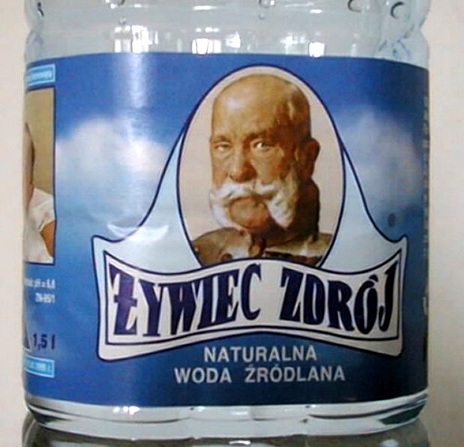
bi_kop_zywiec_x1.jpg

